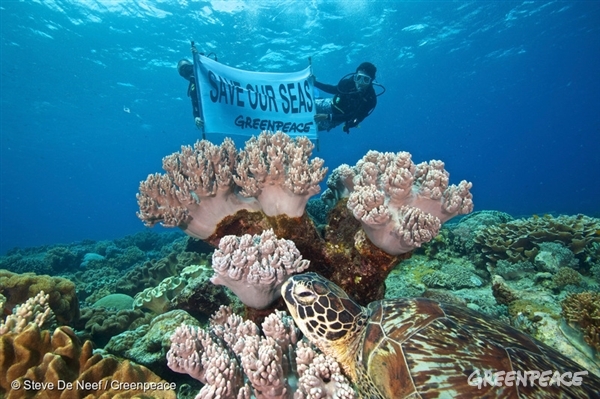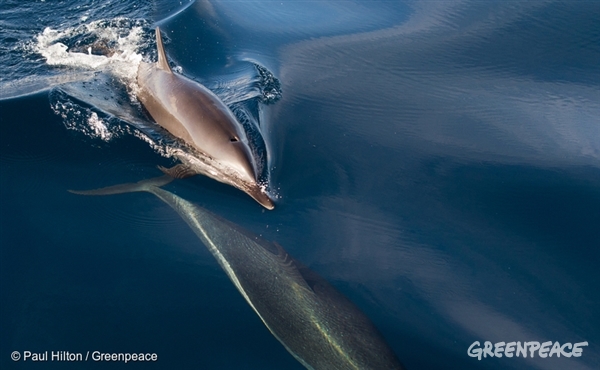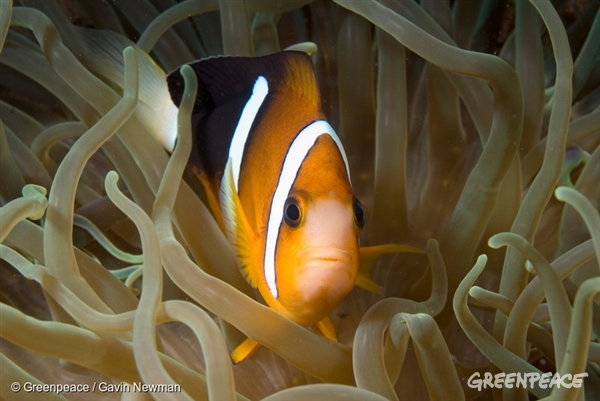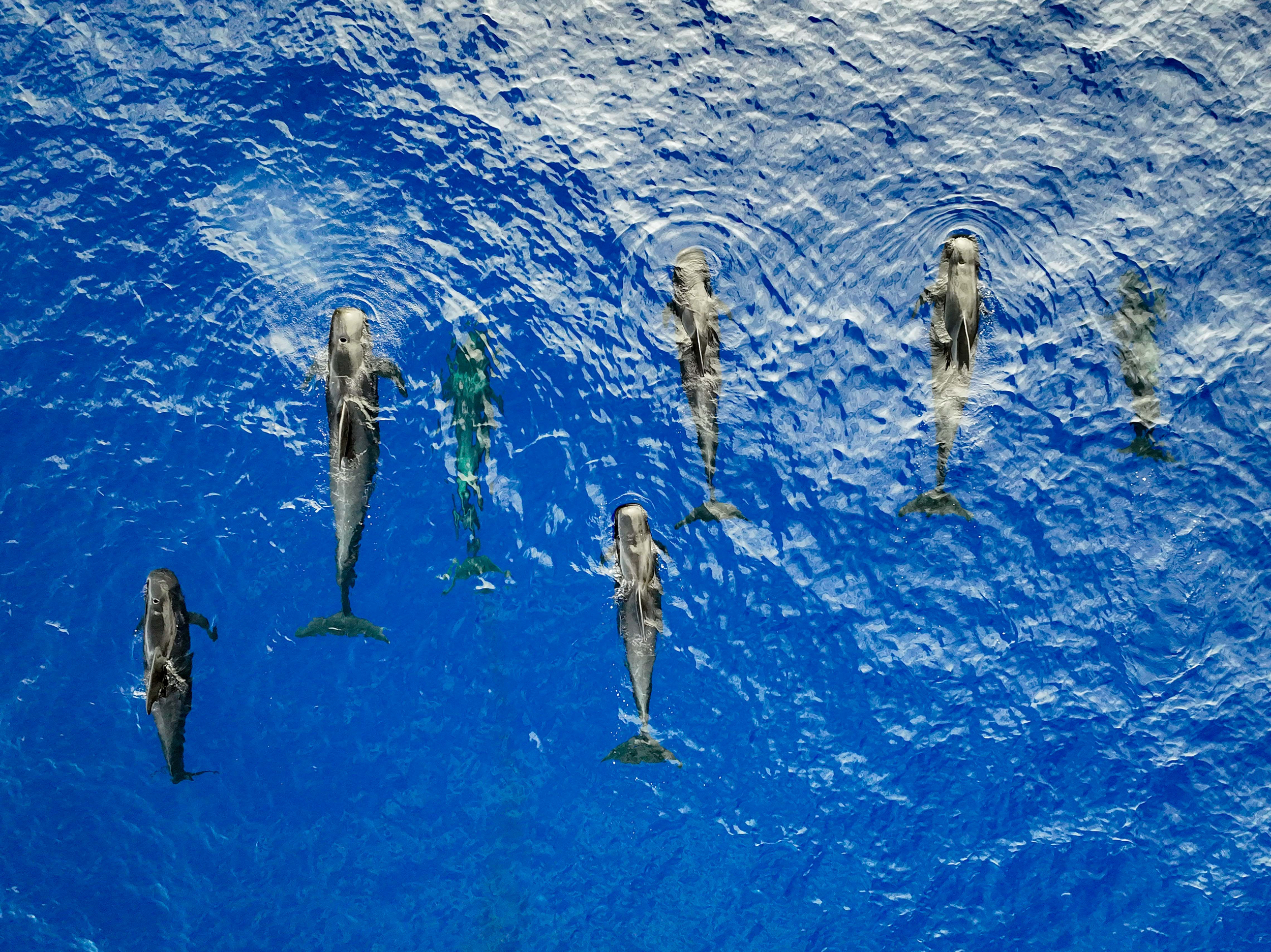
Out of sight, but thankfully not out of mind, this week global negotiators are discussing how to protect our ocean’s much-abused ecosystems. In particular, they will be discussing how to manage areas beyond national control. As a major maritime power, China could hold the key to success. Just as China surprised the world with its climate leadership, could it do the same for global ocean protection?
‘Areas beyond national control’, commonly known as the ‘high seas’, cover nearly half the world’s surface and contain many important and fragile ecosystems, such as stunningly beautiful deep-water corals, mysterious seamounts and hot-spots for whales, sharks and other migratory species. Being so remote, the high seas have historically been free from exploitation, but since the adoption of the United Nations Convention on the Law of the Sea in 1982, increased human activity such as shipping and fishing have increasingly threatened these precious ecosystems.

The fragmented patchwork of regulations, rules and agreements through which our ocean is traditionally governed has fallen short of delivering effective protection. As a result, the world’s high seas have been a watery Wild West, where illegal activities and ecological abuse have gone unchecked and the right to exploit has trumped the duty to protect.
In fact, far less than 1% of these areas are currently protected. In 2015, after over ten years of informal discussions, governments finally agreed to tackle the gaps in regulations and start negotiating a new Treaty to protect ocean life beyond national control. The first round of negotiations, taking place between March 28 and April 8 in New York, are discussing issues ranging from marine genetic resources, area-based management tools, including Marine Protected Areas and Reserves, the use of environmental impact assessments, and capacity building and technology transfer.

This is our opportunity to come one step closer to establishing ocean sanctuaries and protect our precious ocean.
China has a central role to play in these talks. As a global maritime power, China could inspire the UN’s ocean efforts in the same way it inspired the historic climate agreement made in Paris last December.
At COP21 governments around the world recognised that protecting the oceans is a necessary step to mitigate climate change and safeguard the livelihood and very survival of millions of people around the world. If China is serious about meeting its climate commitments, it should take a strong lead in promoting ocean conservation at the UN.The urgent first step is to make domestic policies and activities compatible with international best practices. This will be a challenging task. But in the same manner China turned itself around on climate change, the next two year’s UN ocean talks are an opportunity to advance this endeavor so that a desperately-needed legally binding framework to protect the precious ecosystems of our ocean can be reached.
Let’s keep the pressure on UN negotiators to secure a global network of ocean sanctuaries. Sign the petition HERE
Li Shuo is a senior global policy advisor for Greenpeace East Asia



